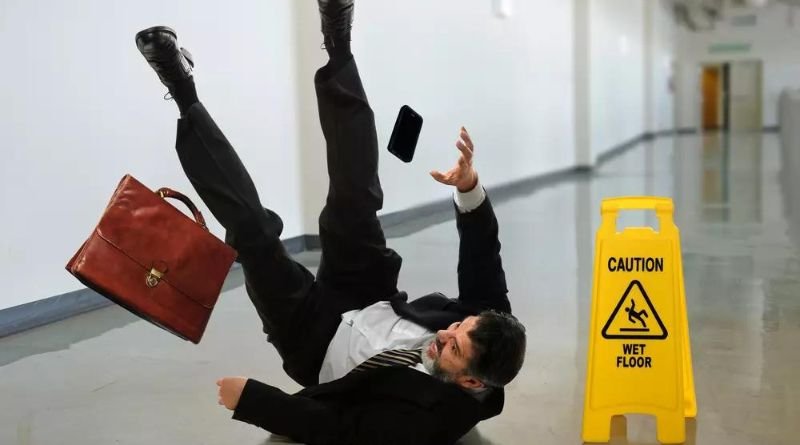How a Slip and Fall Lawyer Handles Your Case
Building a strong slip and fall claim involves proving four elements: duty, breach, causation, and damages. Your attorney will work to make the most robust case possible for you.
While proving liability may seem straightforward, calculating the damages you’ve suffered isn’t. Injuries include medical expenses, lost wages, and future care needs.
Negotiations
When an injury victim files a claim with the insurer for the property owner where they fell, that insurance company assigns a claims adjuster to handle the case, then comes the negotiations, which can take a few weeks to a few months.
A seasoned slip and fall lawyer can negotiate effectively with insurance companies for higher settlements. They will start by accurately assessing their client’s losses. It includes compiling medical documents and consulting economists to calculate their clients’ future financial needs based on their present and projected healthcare costs. They also have other tangible expenses like missed wages, repair or replacement of their injured property (like a broken phone they need for work), and additional related costs.
After completing their research, the attorney will send a demand letter to the insurer for a certain amount. It is typically their client’s maximum policy limit, although it can vary from case to case. Once the insurance adjuster reviews this, they either agree or offer a counteroffer.
If the victim is unhappy with this initial settlement offer, they can file a lawsuit against the liable party. It will generally push the insurer to offer a better settlement, as they would rather avoid the time and expense of going to trial. Many individuals who have been victimized opt to retain the services of personal injury lawyers to improve their prospects of securing a more significant compensation package.
Pretrial
Whether you seek compensation for your medical bills, the loss of income from being out of work, or the physical pain and mental anguish caused by your injuries, the damages you seek can be significant. Pursuing the money you need can ease your financial burden and help you regain some sense of normalcy.
Your legal representative must demonstrate the property owner’s liability for your injury to secure a successful outcome. It requires showing that the condition you fell in was dangerous and that the property owner knew or should have known about it. For example, suppose a property owner has a hallway or stairwell frequently used by guests. In that case, they should regularly monitor it for spills, cracks, uneven surfaces, or areas of disrepair that could lead to an accident. The property owner must also have addressed the issue, such as posting warnings, roping off the site, or cleaning it up.
Your attorney must also show that your injury has impacted your quality of life, both now and in the future. This part of the case typically involves a medical expert witness who can calculate the amount of your past and expected future expenses.
The defendant’s liability for your accident and the appropriate amount of damages you are entitled to shall be determined by a jury. Unlike how your case will be presented in the movies, your day in court will likely come only after months or even years of pretrial negotiating and evidence gathering. The amount you receive will be based on your total damages, including any economic and non-economic losses. The jury may also award punitive damages, though this is rare. Your case can be appealed if you are not granted the total amount you want. However, this is challenging and often takes years to resolve.











